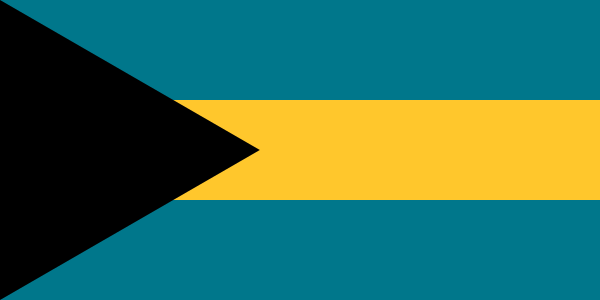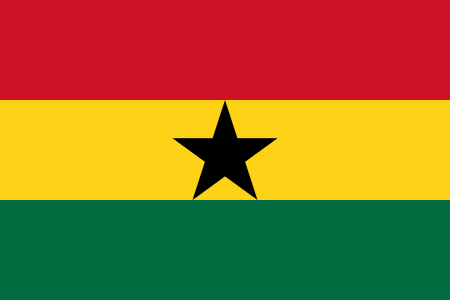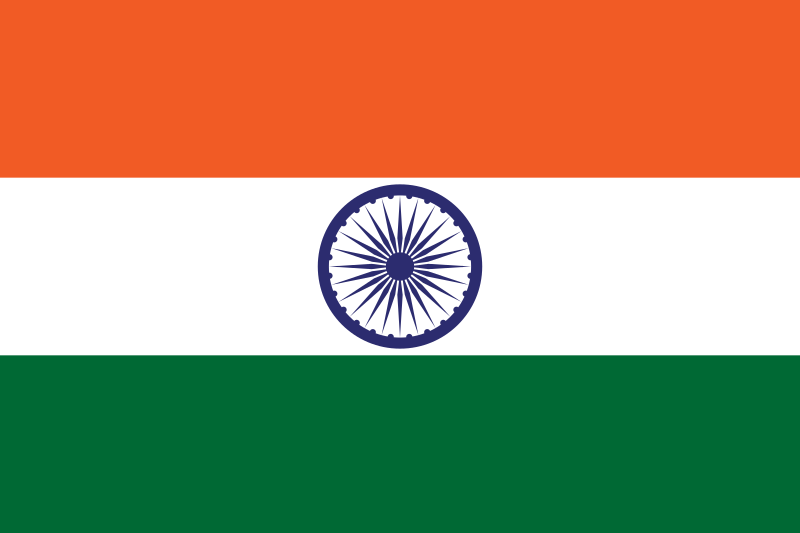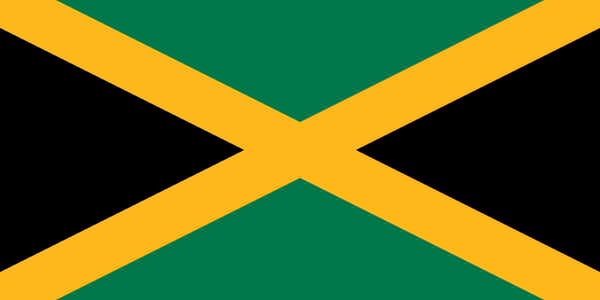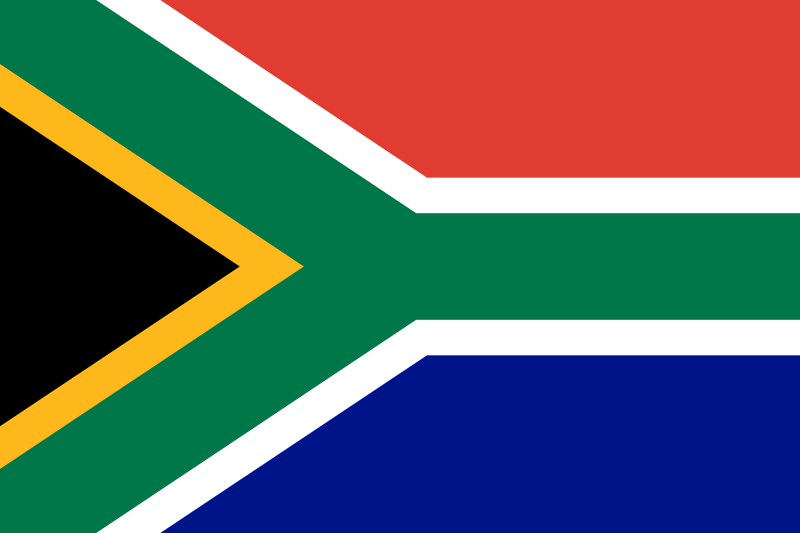Welcome to the second of our monthly series looking back at the stories
which the main stream media in Scotland didn't offer much attention to,
and comparing them to those that hit the front pages.
Scotland would be 11% better off immediately following independence
Stories regarding Scotland's economic strength have featured prominently online throughout the referendum campaign (with Business for Scotland achieving over 100,000 unique visitors and one story being shared 23,000 times!) however these tend to be dismissed and ignored by our Main Stream Media. Now we have confirmation that it isn't the medium but the message that the BBC, STV and the newspapers are opposed to.
The Financial Times released a bombshell story on Sunday, the 2nd of February which confirmed that Scotland would be far stronger economically following independence, even if we continued Westminster's wasteful expenditure.
"If its geographic share of UK oil and gas output is taken into account, Scotland’s GDP per head is bigger than that of France. Even excluding the North Sea’s hydrocarbon bounty, per capita GDP is higher than that of Italy. Oil, whisky and a broad range of manufactured goods mean an independent Scotland would be one of the world’s top 35 exporters.An independent Scotland could also expect to start with healthier state finances than the rest of the UK." Financial Times, 2nd of February 2014
Even this may be underestimating the economic strength of an independent Scotland, with the full value of corporation tax and VAT being potentially understated.
"Neither do the figures account for companies operating in Scotland who currently pay taxes via head offices in England – taxes like Corporation Tax or VAT for example. After independence these companies would have to pay taxes on their Scottish operations to the Scottish government, not the UK Treasury as they do at the moment. It's very difficult to quantify just how much extra this would bring in, but it's certainly a substantial amount." Newsnet Scotland, Guilty of bias by ommission
Other stories which didn't make it
Spanish Foreign Minister confirms that Spain won't interfere with Scottish EU membership
Another 'no' campaign scare story, this time regarding EU membership, has shown itself to be nonsense as the Foreign Minister of Spain, José-Manuel García-Margallo, confirmed once again that his government will treat Scottish Independence differently from attempts in Catalonia.
"We don’t interfere in other countries' internal affairs. If Britain's constitutional order allows – and it seems that it does allow – Scotland to choose independence, we have nothing to say about this." José-Manuel García-Margallo, Monday, 3rd of February 2014
The reality is that an independent Scotland is wanted in the EU. A large number of citizens from different member states live here, many European companies trade within our borders, and we are the largest oil producers in the EU. We add value and unless the 'no' campaign can show otherwise, we can't understand who would block Scottish membership.
The 18 month timescale which the Scottish Government has allowed is plenty of time to negotiate details with both Westminster and Brussels. We know this as another European nation, Estonia, achieved full membership just 9 months after a referendum (and they weren't existing members!)
Glance over the BBC
The BBC took the unusual step of blocking their own news broadcasts from being viewed this month. The reason - well, Reverend Stu at Wings over Scotland has the full story.
Also this month, the BBC had to pick which stories to cover. Whilst happily cheering the news that David Bowie is against independence (although he sent someone else to say this at a pop music award event in London), the story regarding former Prime Minister Tony Blair's 'advice' to Rebekah Brooks, which broke the day before, was deemed to be less important.
Also this month, the BBC had to pick which stories to cover. Whilst happily cheering the news that David Bowie is against independence (although he sent someone else to say this at a pop music award event in London), the story regarding former Prime Minister Tony Blair's 'advice' to Rebekah Brooks, which broke the day before, was deemed to be less important.
He
said the inquiry would be “Hutton style” – a reference to Lord Hutton’s
inquiry into the death of David Kelly – and would “clear” her, but
warned that “shortcomings” would have to be accepted as a result of the
report.
Read more at http://www.maxkeiser.com/2014/02/tony-blair-advised-rebekah-brooks-to-set-up-hutton-style-inquiry-which-would-clear-her/#xe2hcBmkCQL32qki.99
Read more at http://www.maxkeiser.com/2014/02/tony-blair-advised-rebekah-brooks-to-set-up-hutton-style-inquiry-which-would-clear-her/#xe2hcBmkCQL32qki.99
He said the inquiry would be "Hutton style" - a reference to Lord Hutton's inquiry into the death of David Kelly - and would "clear" her, but warned that "shortcomings" would have to be accepted as a result of the report. - Guardian Newspaper 19th of February
He
said the inquiry would be “Hutton style” – a reference to Lord Hutton’s
inquiry into the death of David Kelly – and would “clear” her, but
warned that “shortcomings” would have to be accepted as a result of the
report.
Read more at http://www.maxkeiser.com/2014/02/tony-blair-advised-rebekah-brooks-to-set-up-hutton-style-inquiry-which-would-clear-her/#xe2hcBmkCQL32qki.99
Read more at http://www.maxkeiser.com/2014/02/tony-blair-advised-rebekah-brooks-to-set-up-hutton-style-inquiry-which-would-clear-her/#xe2hcBmkCQL32qki.99
He
said the inquiry would be “Hutton style” – a reference to Lord Hutton’s
inquiry into the death of David Kelly – and would “clear” her, but
warned that “shortcomings” would have to be accepted as a result of the
report.
Read more at http://www.maxkeiser.com/2014/02/tony-blair-advised-rebekah-brooks-to-set-up-hutton-style-inquiry-which-would-clear-her/#xe2hcBmkCQL32qki.99
Read more at http://www.maxkeiser.com/2014/02/tony-blair-advised-rebekah-brooks-to-set-up-hutton-style-inquiry-which-would-clear-her/#xe2hcBmkCQL32qki.99
 |
| "Britain could benefit from a Fascist leader," David Bowie (but he didn't mean it!) |
Glance over the papers
'SALMOND DUCKS OUT' was the headline in the Daily Mail on the 14th of February. It claimed that the First Minister '(left) his deputy to be mauled on national TV...while he relaxes at home'. The only problem with this is that the night before Alex Salmond appeared on both of Scotland's flagship news programs. You can see his appearance on Scotland Tonight here, and Newsnight here.
Maybe we should describe this section as 'look at how ridiculously wrong the Daily Mail are!'
And now something that was in the papers!
Just not the ones in Scotland. The most glaring example were reports that a Scottish Pound linked to Sterling was viewed as sensible by Deutsche Bank. Our newspapers, the BBC and STV didn't believe this was worth mentioning (which was a bit careless of our journalists, wasn't it?) It's almost as if they didn't want to report the facts. We can only speculate as to why...
Join us again for our next 'not in the paper' review in March!
Drew
If you like this blog, then please consider visiting our other sites:
Facebook - Sign for Scotland
YouTube - Sign4Scotland
Twitter - Sign4Scotland










